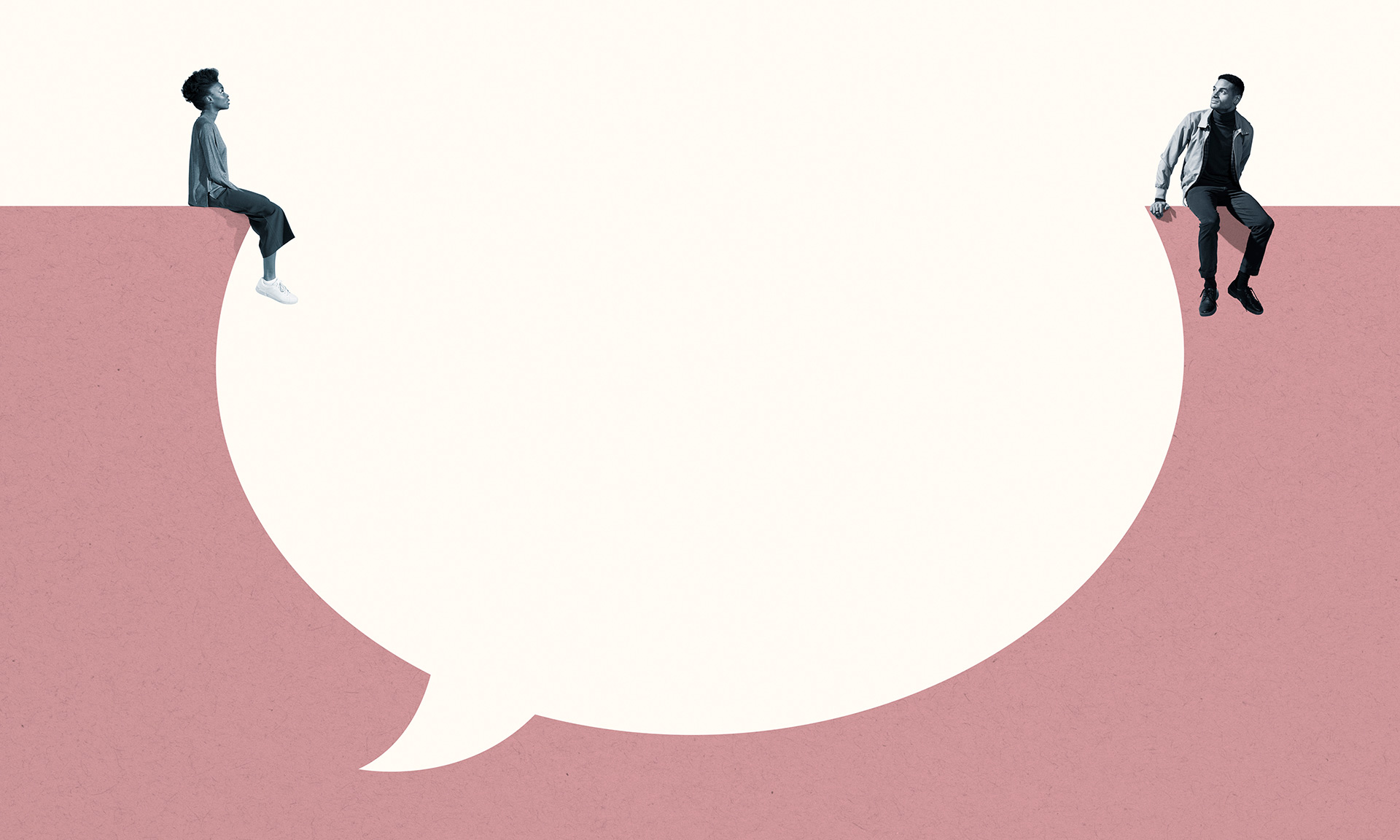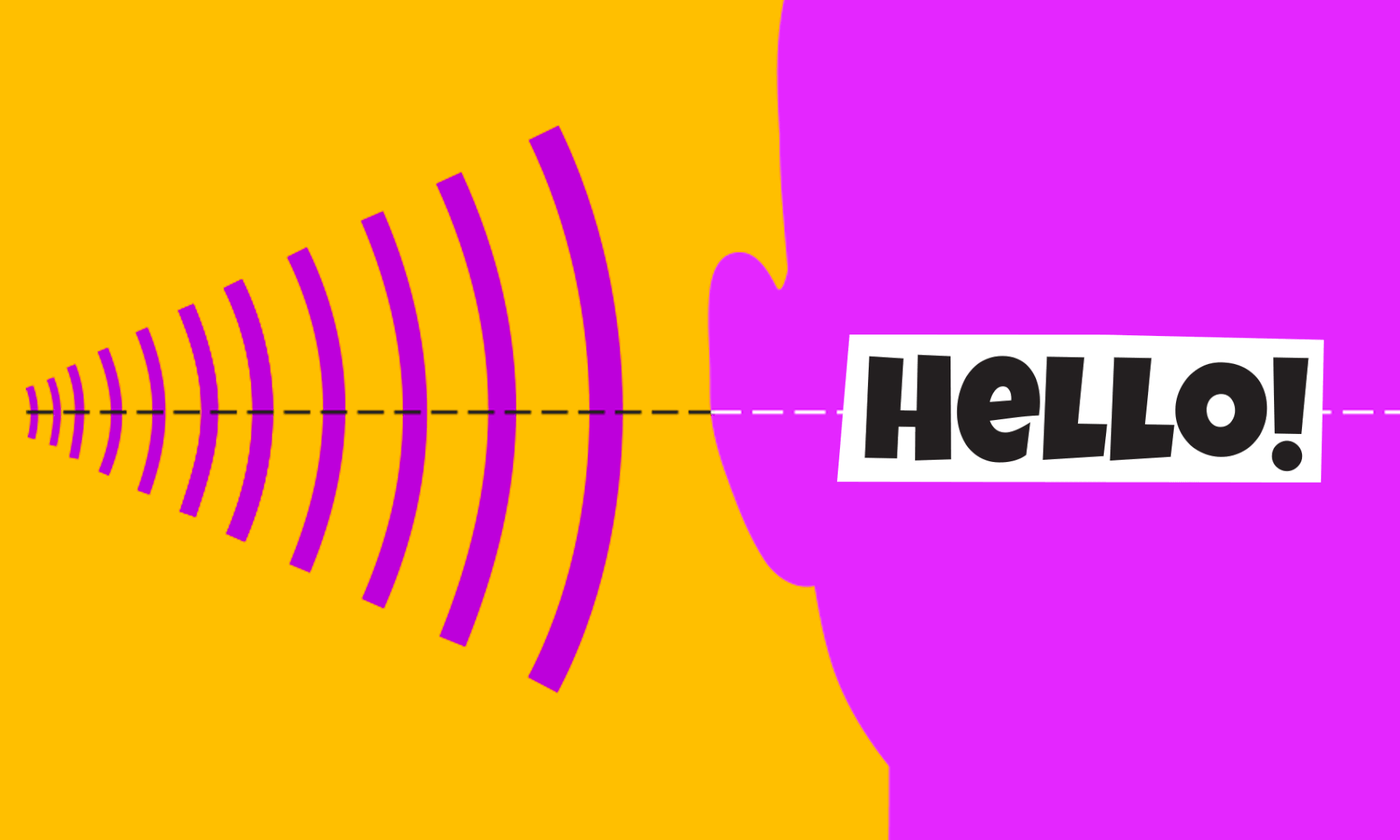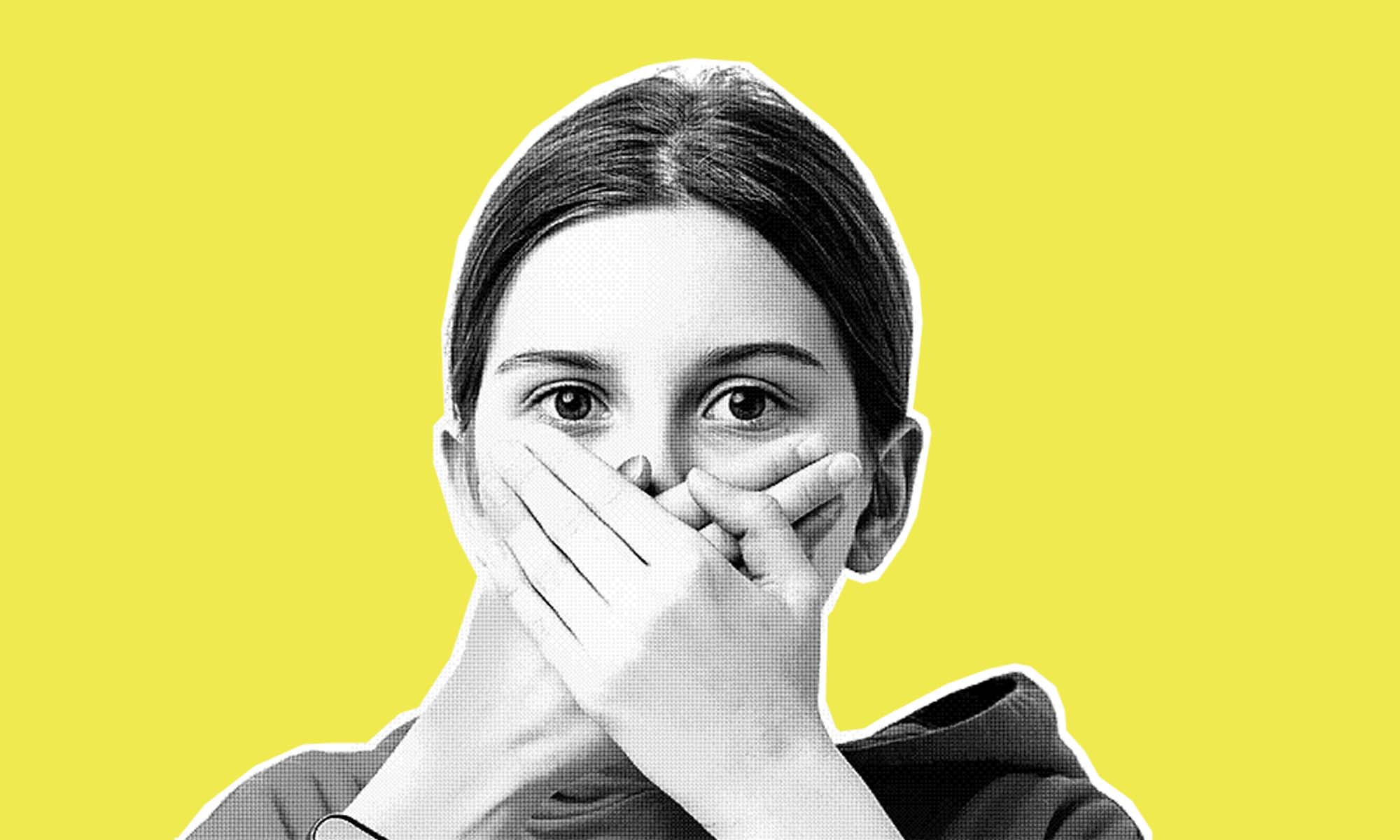
Who’s immune to conspiracy theories?
Rochester faculty on how political conspiracy theories start and spread—and why people believe them.

Material world
University of Rochester graduate Kasia Maroney ’92 talks about her career as an art conservator restoring priceless objects to their full glory.

The truth may hurt. But for couples, it’s worth it.
In a new study of more than 200 couples, a team of Rochester psychologists reveals the truth about honesty in answering tough relationship questions.

Why the powerful are more likely to cheat
Psychologists have found a correlation between a person’s self-perception of power and their (un)willingness to remain faithful.

Research-backed ways to bridge America’s political divide
Researchers successfully tested 25 different approaches to reducing partisan animosity and support for undemocratic practices or political violence. Two proved most effective.

When someone flirts with your spouse, does that make your partner more attractive?
The simplified formula of “more attention equals more desire” doesn’t seem to apply to established relationships.

Why teens with autism struggle with speech intonation
A new study reveals that difficulties in adapting to changes in speech patterns may affect how adolescents with autism understand tone and meaning.

Rochester’s clinical psychology doctoral program earns PCSAS accreditation
The PhD program is one of 48 nationwide recognized for excellence in science-centered education and training.

Can an app improve your romantic relationship?
Couples report healthier, stronger relationships after one month of using a relationship app codeveloped by a Rochester psychologist.

When do teens lie to their parents (and when do they tell the truth)?
Rochester psychologist Judith Smetana has made it her life’s work to understand how teenagers tick. In her latest study, she finds patterns in the timing of lies and the way secrets are disclosed.
